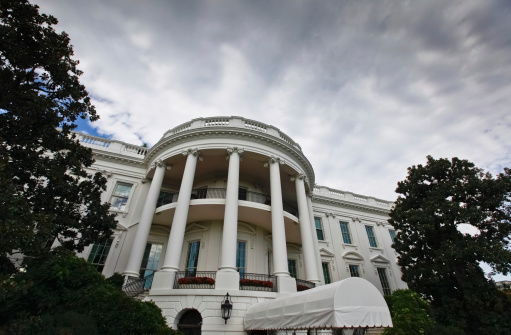A whistleblower has come forward with accusations that the White House brushed aside security clearances applications that had been denied. The longtime WH employee says she can’t stay quiet about it anymore pointing out, “I would not be doing a service to myself, my country, or my children if I sat back knowing that the issues that we have could impact national security.” The Washington Post reports:
Tricia Newbold, a longtime White House security adviser, told the House Oversight and Reform Committee that she and her colleagues issued “dozens” of denials for security clearance applications that were later approved despite their concerns about blackmail, foreign influence, or other red flags, according to panel documents released Monday.
Newbold, an 18-year veteran of the security clearance process who has served under both Republican and Democratic presidents, said she warned her superiors that clearances “were not always adjudicated in the best interest of national security” — and was retaliated against for doing so.
Some of the names on the list have already been reported, but there were a few surprises.
Newbold laid out a series of explosive allegations, often implicating Carl Kline, the former White House personnel security chief. She kept a list of White House officials whose clearance applications were initially denied but eventually overruled, and said the list included as many as 25 people, some of whom had daily access to the president.
“According to Ms. Newbold, these individuals had a wide range of serious disqualifying issues involving foreign influence, conflicts of interest, concerning personal conduct, financial problems, drug use, and criminal conduct,” aides wrote in the 10-page memo, summarizing Newbold’s testimony.
The New York Times points out:
There is nothing barring the president or his designees from overturning the assessments of career officials. But Ms. Newbold sought to portray the decisions as unusual and frequent, and, in any case, irregular compared to the processes usually followed by her office to mitigate security risks.
“Once we adjudicate it, the president absolutely has the right to override and still grant the clearance, but we owe it to the president and the American people to do what is expected of us, and our job is to adjudicate national security adjudications regardless of influence,” she told the committee, according to the staff’s memo.
The rejection of applications was due to a variety of reasons including conflict of interest, concerning personal conduct, financial problems, drug use, and criminal conduct, according to The Times.
Ms. Newbold said she was suspended in January, despite “no prior formal disciplinary action,” according to the Washington Post.



